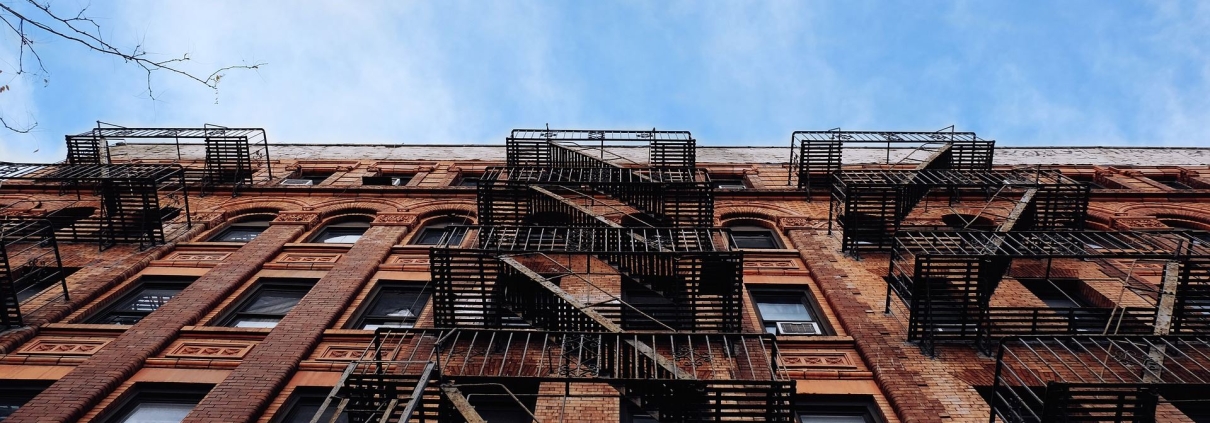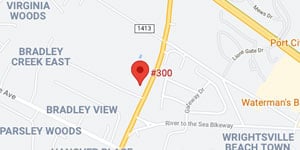
Party Causes Apartment Floor Collapse in Texas
A party in a third-floor unit at Ridge Apartments, a student complex in Denton, Texas, recently ended unexpectedly. The party of mostly students from the University of North Texas was interrupted when the floor collapsed, creating a massive hole into the apartment below. The fire department responded to 911 calls, and fortunately, there were no life-threatening injuries. When responders arrived, some individuals were “dangling” between the floors. Investigators believe that the partygoers were jumping around and the floor was incapable of supporting the pressure.
The apartments affected are temporarily closed for repairs, and residents will receive a week of credited rent. Engineers and municipal officials found the structures to be safe for occupancy; however, they said this party had far too many guests. Whose fault is that?
A Premises Liability Overview
The type of claim that arises when injuries occur upon someone else’s property is premises liability. A property owner has a basic requirement to maintain the property in a safe condition for people visiting lawfully. This requirement is referred to as a “duty of care,” which, if breached, exposes the owner to liability for damages. Premises liability claims typically are brought against the owner of the property; however, they also may involve a party who has control of the property at a given time, such as a tenant. To prevail in a claim of premises liability, a claimant must prove:
- He or she incurred the injury on the defendant’s property.
- The injury was directly caused by a hazardous or defective condition on the property.
- The defendant failed to maintain reasonably safe conditions or failed to warn the claimant of dangerous conditions that he/she was aware of (or should have been aware of).
Landlord Responsibilities
North Carolina has a Residential Rental Agreement Act that clarifies who is responsible for maintaining what aspects of a property. Landlords are responsible for a property’s compliance with housing and building codes, and for providing an overall “fit and habitable” environment. Generally, landlords are responsible for repairs and may be liable if injuries result from conditions in need of repair. Some of the basic landlord responsibilities include providing electricity, heating and cooling systems, plumbing, smoke detectors, and appliances.
Landlords also have responsibility for “imminently dangerous conditions,” which may include:
- Wiring that is unsafe
- Hazardous floors, staircases, and steps
- Faulty roofs or broken windows
- A lack of potable water or broken toilets
- Inoperable locks
- Heating systems incapable of reaching 65 degrees
- Animal infestation
Tenant Responsibilities
Tenants face civil liability if they willfully destroy, damage, or deface the property (they also may face criminal charges). Tenants are generally not liable for damage deemed to be accidental.
More specific responsibilities include:
- Maintaining the property in a clean, safe, and sanitary condition
- Properly disposing of garbage and waste
- Keeping plumbing fixtures reasonably clean
- Never disabling smoke detectors and replacing batteries in the unit as necessary
- Preventing damage to property that extends beyond normal “wear and tear”
In the Texas apartment collapse case, where it is possible that the tenants allowed in more people than was safe for their building’s floor knowingly, they may face civil liability.
Construction Defect Liability
There may be dangerous conditions in the very walls of the residence that the property owner and tenant know nothing about. Claims for damages may be brought against property developers and contractors, as well as makers, suppliers, or installers. Commonly cited problems include the use of defective materials or poor construction. Other examples include homes with water intrusion, the presence of unsafe or toxic materials, or construction work not completed to code or specs.
How an Attorney Can Help
According to the Insurance Information Institute, roughly one of every 15 homes has a homeowner’s insurance claim annually. In 2015, approximately 5.9% of homes had a claim in the U.S. Nearly one of every 1,015 of these claims related to bodily injuries or property damage. Nationally, it is estimated that 93% of homeowners have homeowners insurance and 41% of renters maintain renters insurance. After a serious accident like the Texas apartment collapse, an attorney can help you find and apply those policies.
Liability for injuries may be the responsibility of a tenant, landowner, business, government entity, or more. Your attorney is there to explain your legal options and recover compensation for your medical costs, missed work, rehab, pain, and suffering, and other expenses. At Rhine Law Firm, P.C., we have handled several major deck collapses. For a free consultation, call (910) 772-9960.
About Us
Rhine Law Firm, P.C. serves clients throughout North Carolina and nationwide, specializing in complex civil litigation led by Joel Rhine. With expertise in personal injury, car accidents, property damage, sex abuse, and more, the firm is passionate about taking on challenging cases. They emphasize providing personalized legal representation, prioritizing their clients’ best interests while offering state-of-the-art legal strategies. Rhine Law Firm’s dedicated attorneys enjoy the fight for justice and are committed to guiding clients through complicated legal processes. The firm offers free consultations, flexible appointment scheduling, and Spanish language services.




